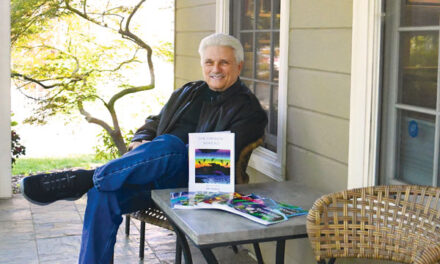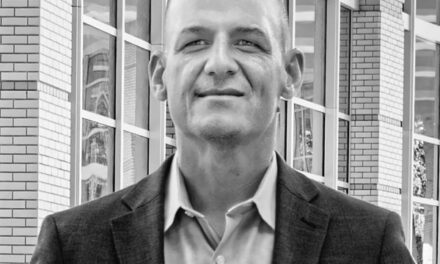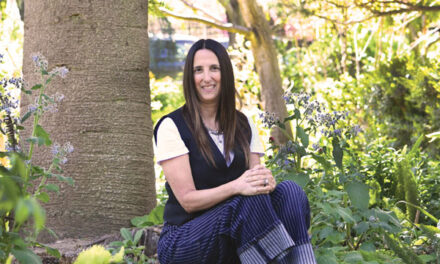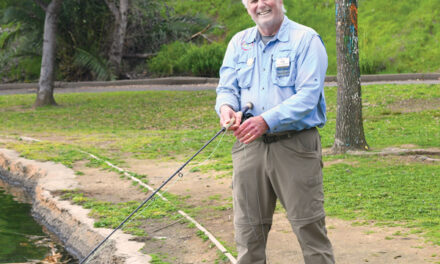Off the Streets
Conservatorships can help homeless
By Robert N. Austin
January 2020
In October, Gov. Gavin Newsom signed Senate Bill 40, which enhanced existing laws that allow three counties to obtain conservatorships over mentally ill homeless people who can’t care for themselves. For now, the law is limited to San Francisco, Los Angeles and San Diego counties. It’s time to expand the scope and reach of civil conservatorships.
Critics point out many characteristics of homelessness: alcohol abuse, drug abuse, mental instability, squalid living conditions, transmission of diseases, lack of nutrition, absence of medical care and lack of hygiene. The critics are not wrong. Conservatorships may be the solution.
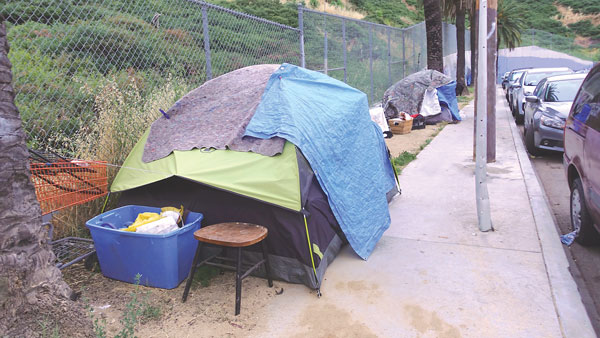
There are parallels in the law where civil conservatorship has been used to address public safety issues. Health and safety codes permit temporary civil confinement of mentally ill persons. Welfare and institutions codes permit taking juveniles into protective custody. The penal code permits taking public drunks into temporary civil custody for detoxification. Is there a similar solution for the chronically homeless?
Working with the state Legislature, it’s possible to craft a conservatorship statute that expands SB 40 and defines “chronic homelessness.” New laws could establish a civil custody program to address their personal, social, medical and psychiatric needs. If homeless people will not voluntarily walk through the many doors open to assist them, it’s time to drag them in.
Let’s face facts. The homeless are a population who, in many cases, lack the ability to care for themselves. Many have rejected public efforts to help. It’s time to get more forceful. Instead of using Sacramento’s generosity to lift themselves up, many homeless people spend their money on drugs.
Mayor Darrell Steinberg, despite his good intentions, has done little more than create a magnet to draw more homeless to Sacramento. They are camped on many doorsteps and in our parks. They stand on street corners and beg for money. By contrast, unemployment in Sacramento is at an historic low, yet the homeless population is historically high. What’s wrong with this picture?
Steinberg argues a 9th Circuit Court of Appeals decision restricts efforts to close homeless camps unless shelter housing is provided. In that case, Sacramento should join with other cities that are appealing this decision to the U.S. Supreme Court. A more favorable ruling is possible.
Based on court referrals and reports from law enforcement, medical workers and social workers, a civil conservatorship will provide the authority to take the chronically homeless into temporary custody and house them at locations where their needs can be assessed and provided. It can be short term and individually tailored.
Most important, it would designate a conservator with the force and authority to oversee programs focused on correcting behavior and improving the lives of the individual and the community.
Homeless camps are overrun with rats that can spread devastating diseases. Camps along the American River produce human waste that contaminates our water and threatens us with hepatitis. These camps must be quarantined, posted and fenced as a threat to public health.
I am not suggesting this would be cheap. But consider how Sacramento just wasted $5 million on the disastrous (now closed) shelter on Railroad Drive. Furthermore, records show in 2015 Sacramento spent $13.6 million on homeless problems. That number is rising every year. Gov. Newsom recently proposed a $1 billion homeless budget. It’s time to think outside the box for alternatives that offer better outcomes.
We are throwing away money on fixable problems. But the fix will require shifting to “a carrot-and-stick” approach: compassion for those who truly need help, and a kick in the pants for those who don’t.
Robert N. Austin is a retired lieutenant with the Sacramento Police Department. He has a master’s degree in public administration from the University of Southern California.




